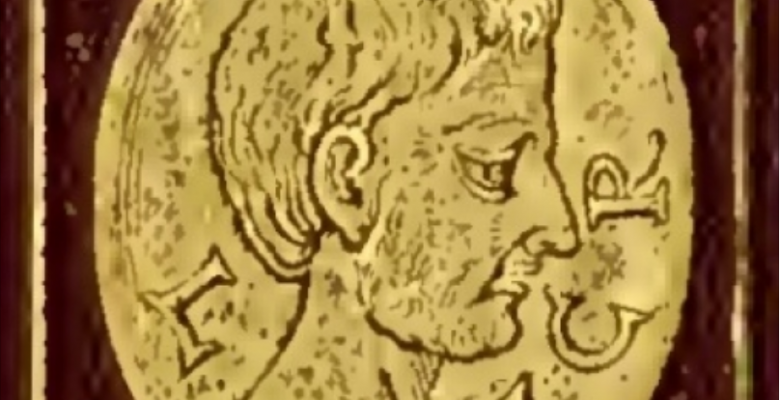Lucretius Today Podcast Episode 255 Is Now Available
Welcome to Episode 255 of Lucretius Today. This is a podcast dedicated to the poet Lucretius, who wrote “On The Nature of Things,” the most complete presentation of Epicurean philosophy left to us from the ancient world.
Each week we walk you through the Epicurean texts, and we discuss how Epicurean philosophy can apply to you today. If you find the Epicurean worldview attractive, we invite you to join us in the study of Epicurus at EpicureanFriends.com, where we discuss this and all of our podcast episodes.
Today we will complete our review Cicero’s “On the Nature of The Gods.”
Today’s Text
XLIII. …
But Epicurus, when he divests the Gods of the power of doing good, extirpates all religion from the minds of men; for though he says the divine nature is the best and the most excellent of all natures, he will not allow it to be susceptible of any benevolence, by which he destroys the chief and peculiar attribute of the most perfect being. For what is better and more excellent than goodness and beneficence? To refuse your Gods that quality is to say that no man is any object of their favor, and no Gods either; that they neither love nor esteem any one; in short, that they not only give themselves no trouble about us, but even look on each other with the greatest indifference.
XLIV. How much more reasonable is the doctrine of the Stoics, whom you censure? It is one of their maxims that the wise are friends to the wise, though unknown to each other; for as nothing is more amiable than virtue, he who possesses it is worthy our love, to whatever country he belongs. But what evils do your principles bring, when you make good actions and benevolence the marks of imbecility! For, not to mention the power and nature of the Gods, you hold that even men, if they had no need of mutual assistance, would be neither courteous nor beneficent. Is there no natural charity in the dispositions of good men? The very name of love, from which friendship is derived, is dear to men; and if friendship is to centre in our own advantage only, without regard to him whom we esteem a friend, it cannot be called friendship, but a sort of traffic for our own profit. Pastures, lands, and herds of cattle are valued in the same manner on account of the profit we gather from them; but charity and friendship expect no return. How much more reason have we to think that the Gods, who want nothing, should love each other, and employ themselves about us! If it were not so, why should we pray to or adore them? Why do the priests preside over the altars, and the augurs over the auspices? What have we to ask of the Gods, and why do we prefer our vows to them?
But Epicurus, you say, has written a book concerning sanctity. A trifling performance by a man whose wit is not so remarkable in it, as the unrestrained license of writing which he has permitted himself; for what sanctity can there be if the Gods take no care of human affairs? Or how can that nature be called animated which neither regards nor performs anything? Therefore our friend Posidonius has well observed, in his fifth book of the Nature of the Gods, that Epicurus believed there were no Gods, and that what he had said about the immortal Gods was only said from a desire to avoid unpopularity. He could not be so weak as to imagine that the Deity has only the outward features of a simple mortal, without any real solidity; that he has all the members of a man, without the least power to use them—a certain unsubstantial pellucid being, neither favorable nor beneficial to any one, neither regarding nor doing anything. There can be no such being in nature; and as Epicurus said this plainly, he allows the Gods in words, and destroys them in fact; and if the Deity is truly such a being that he shows no favor, no benevolence to mankind, away with him! For why should I entreat him to be propitious? He can be propitious to none, since, as you say, all his favor and benevolence are the effects of imbecility.
– End of Book One –
–

